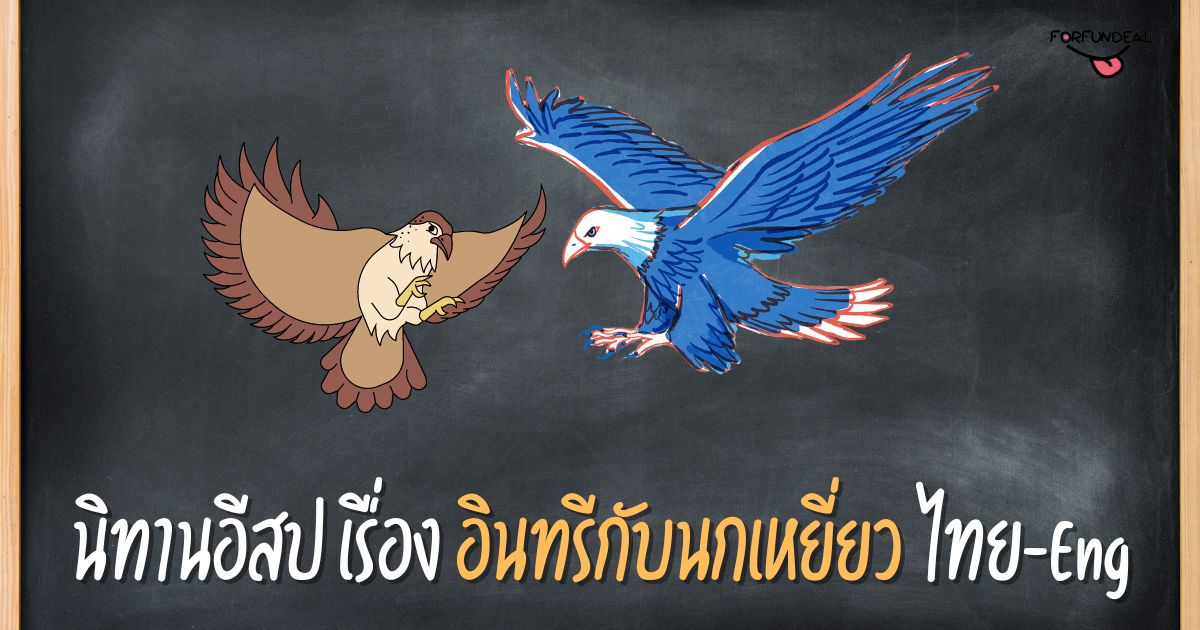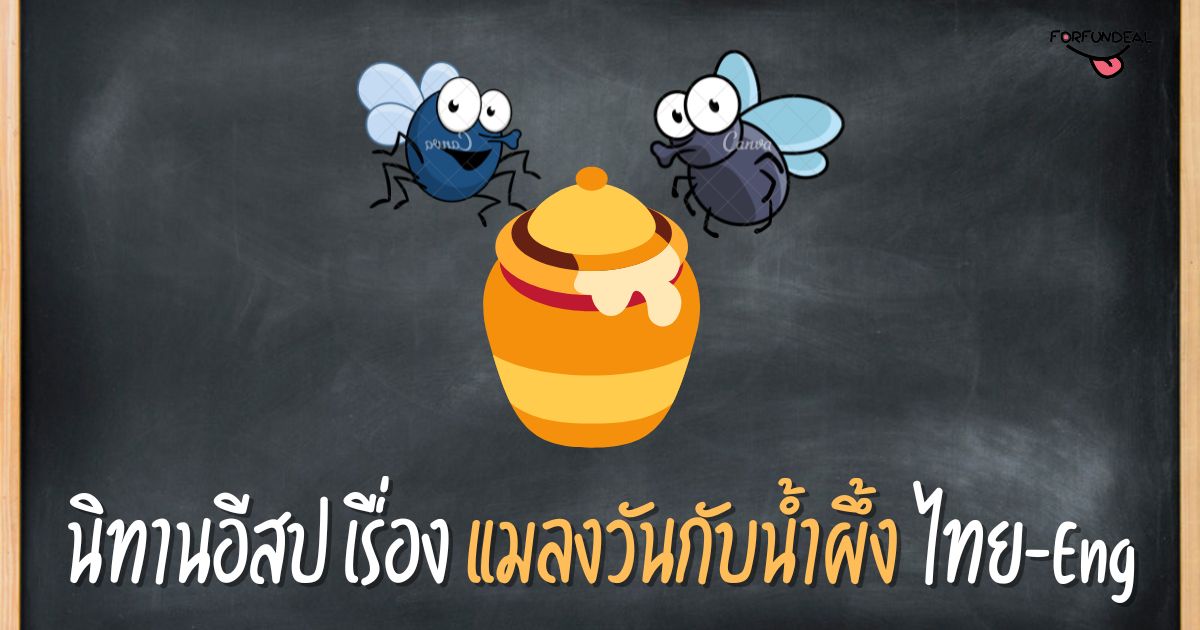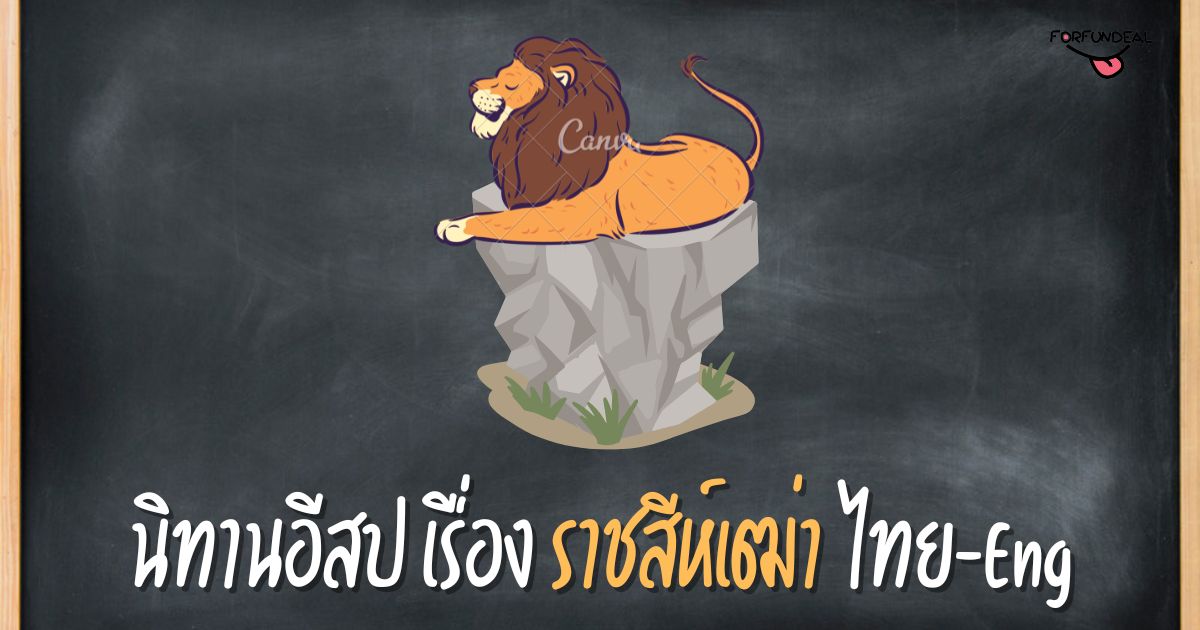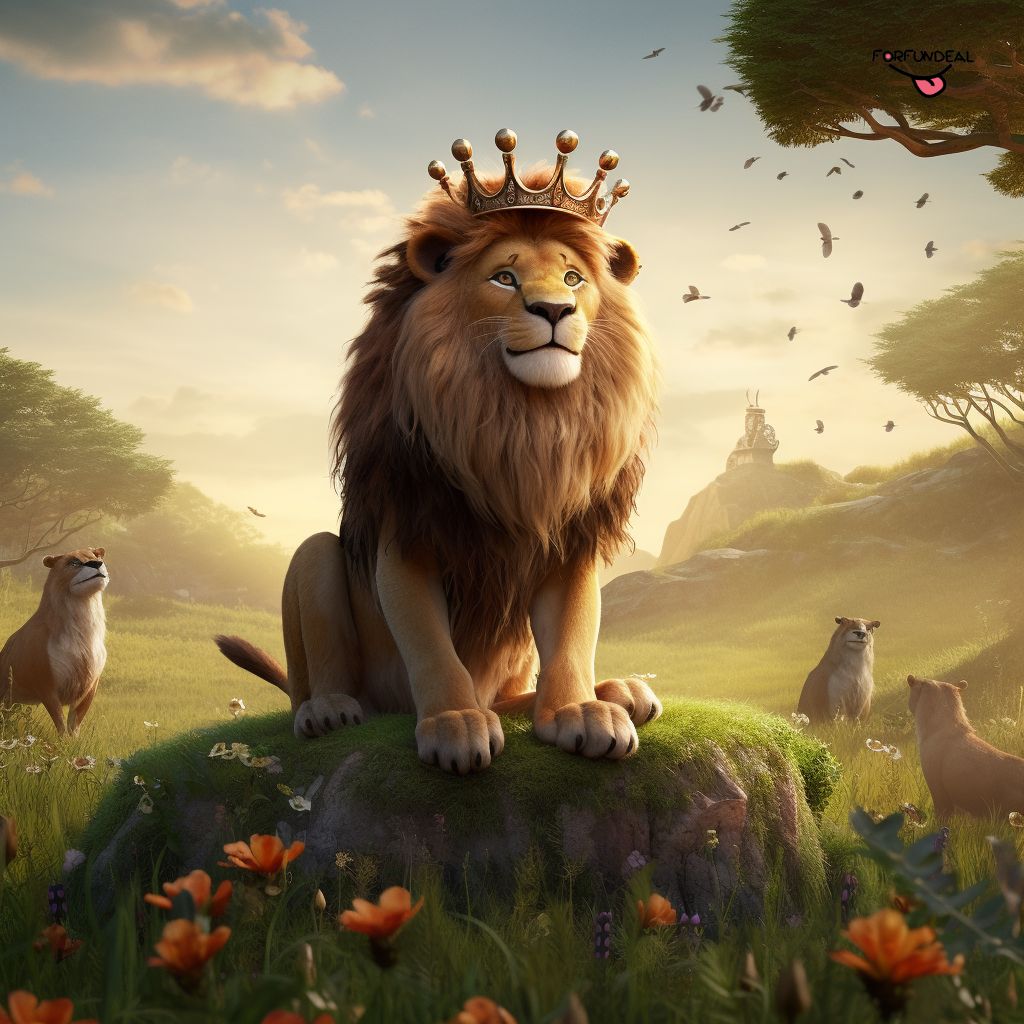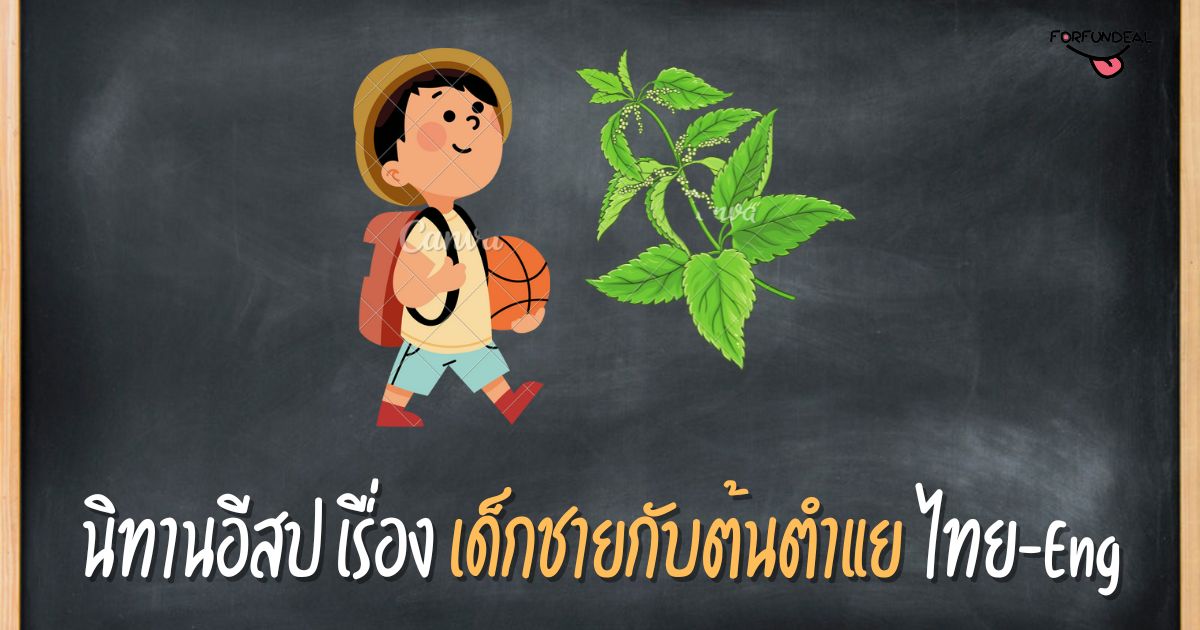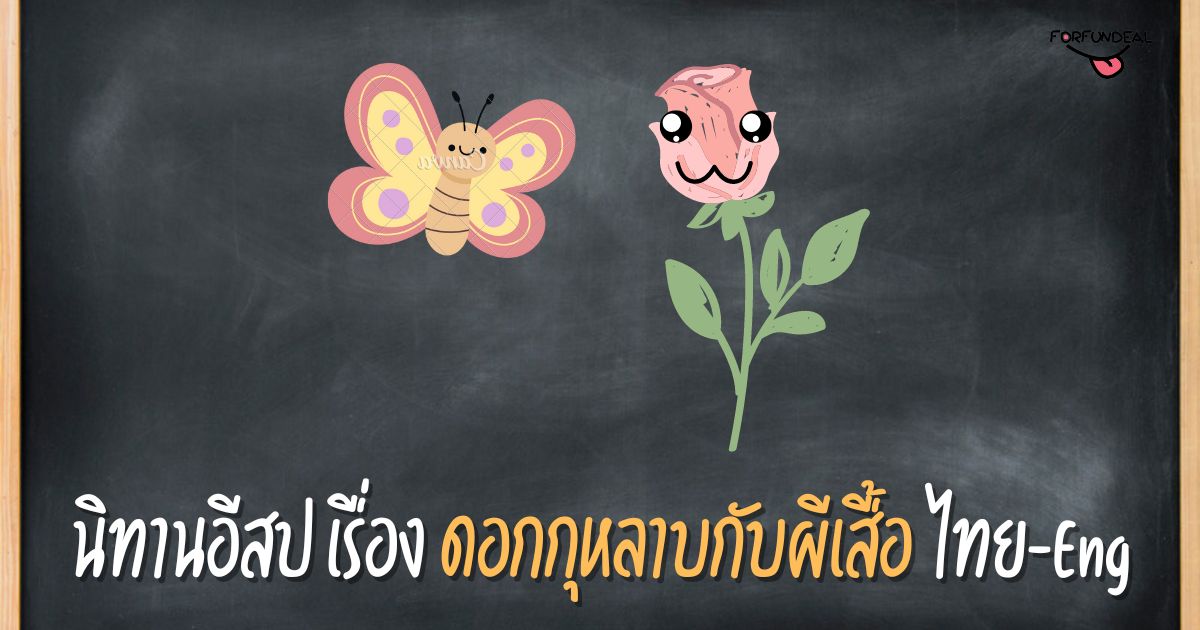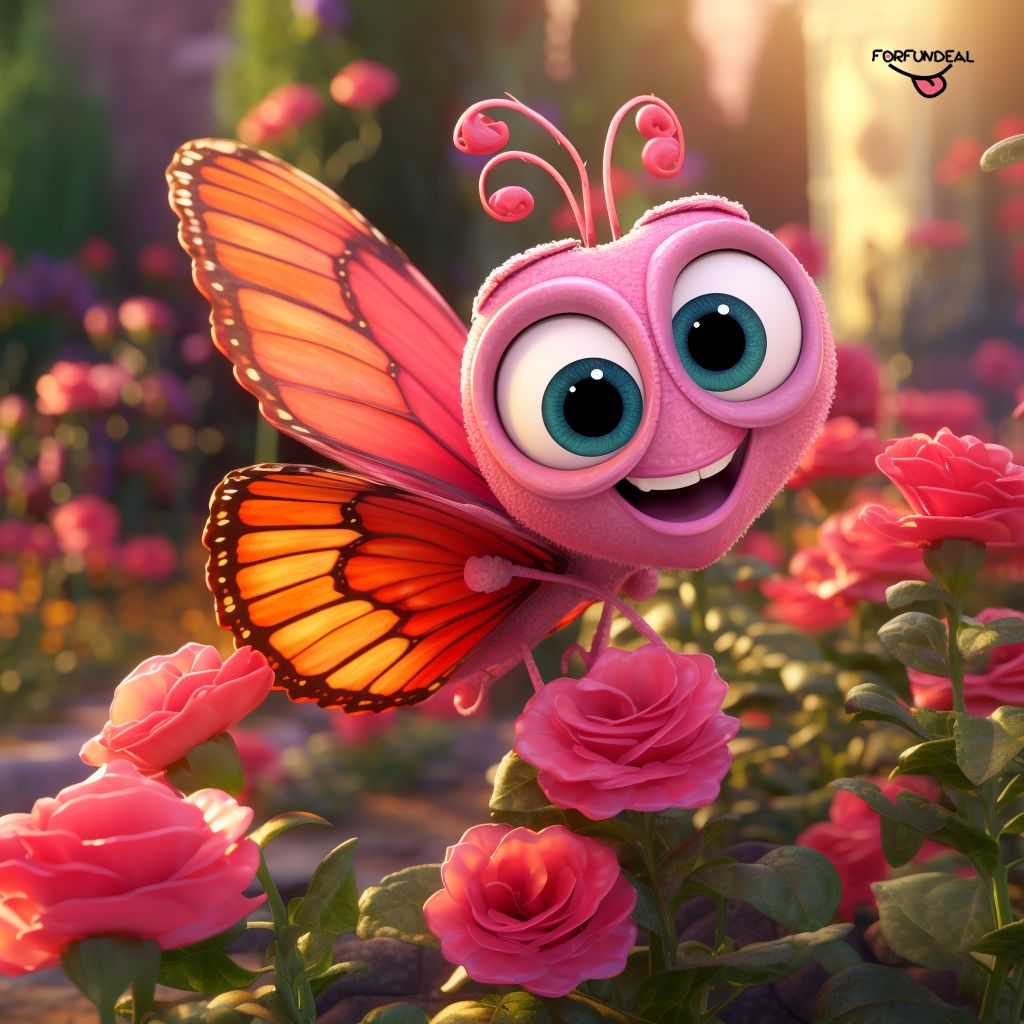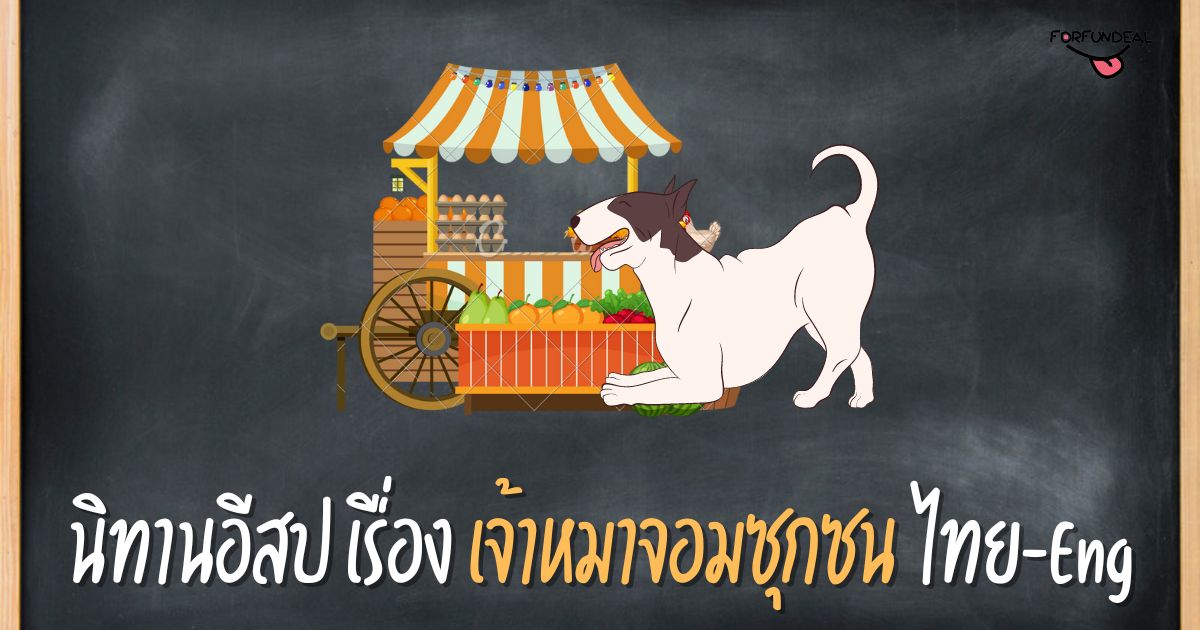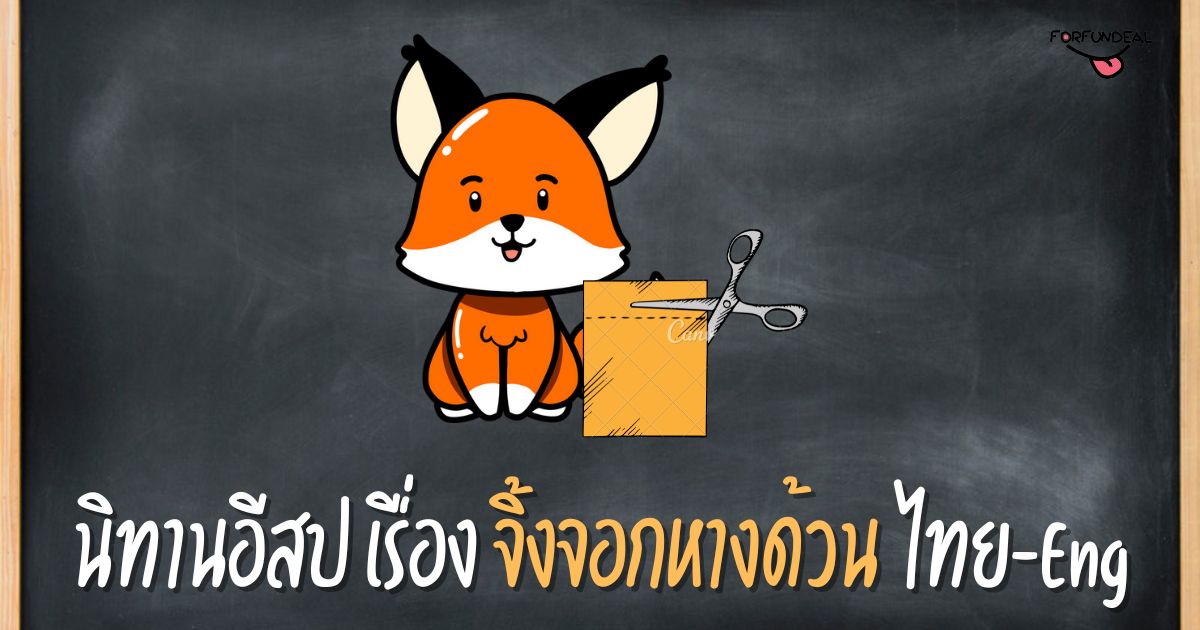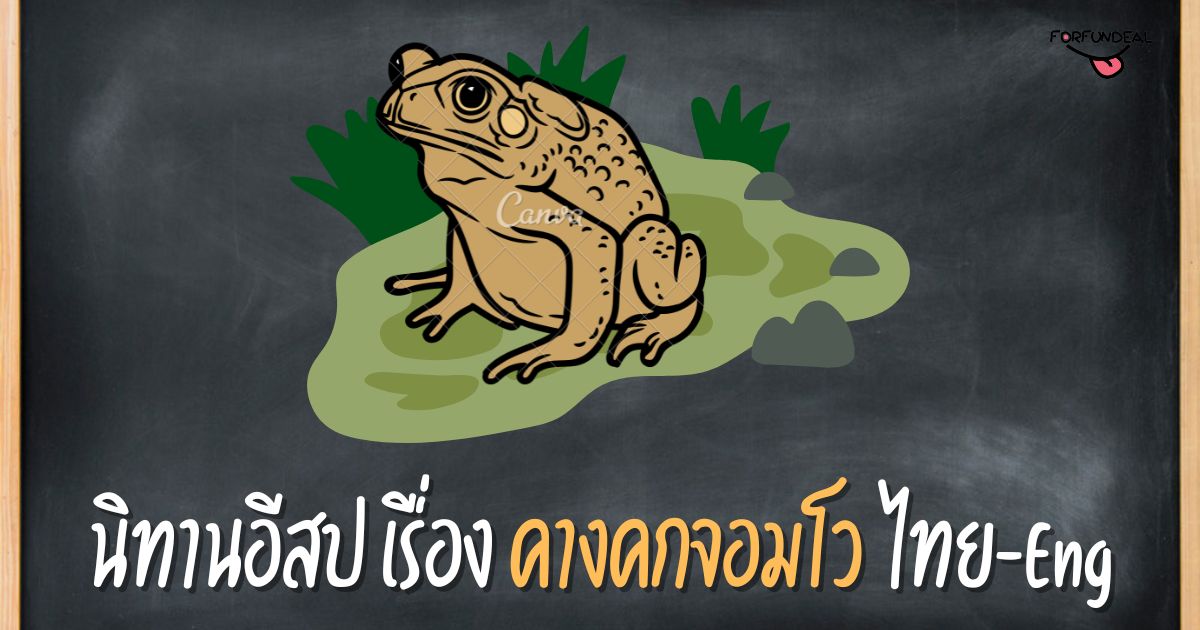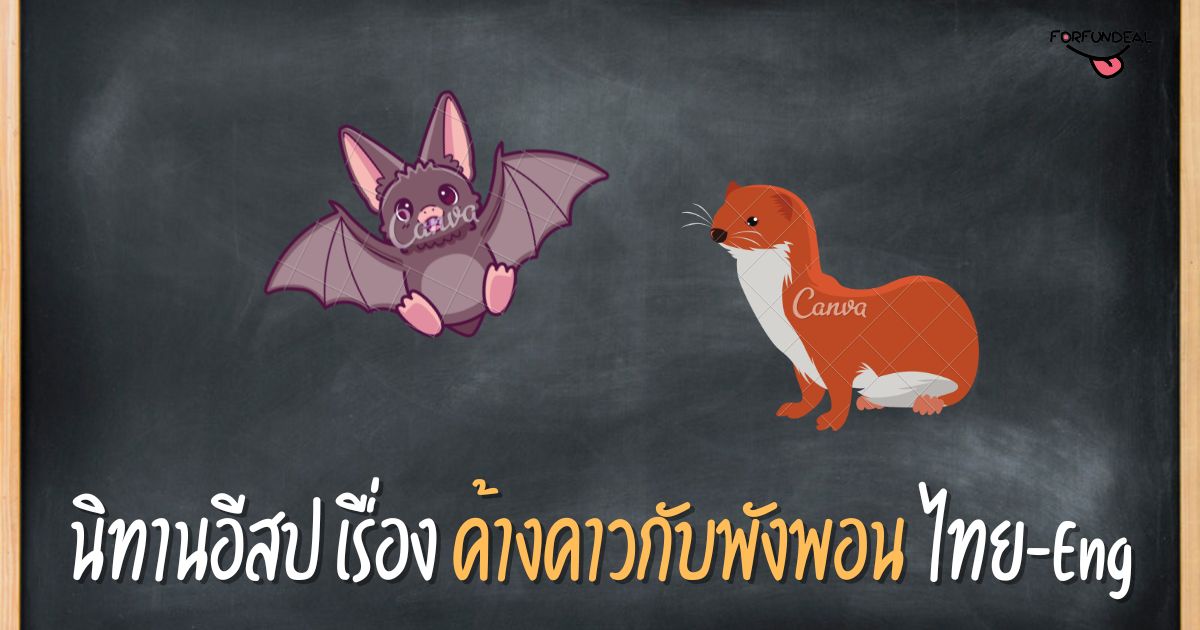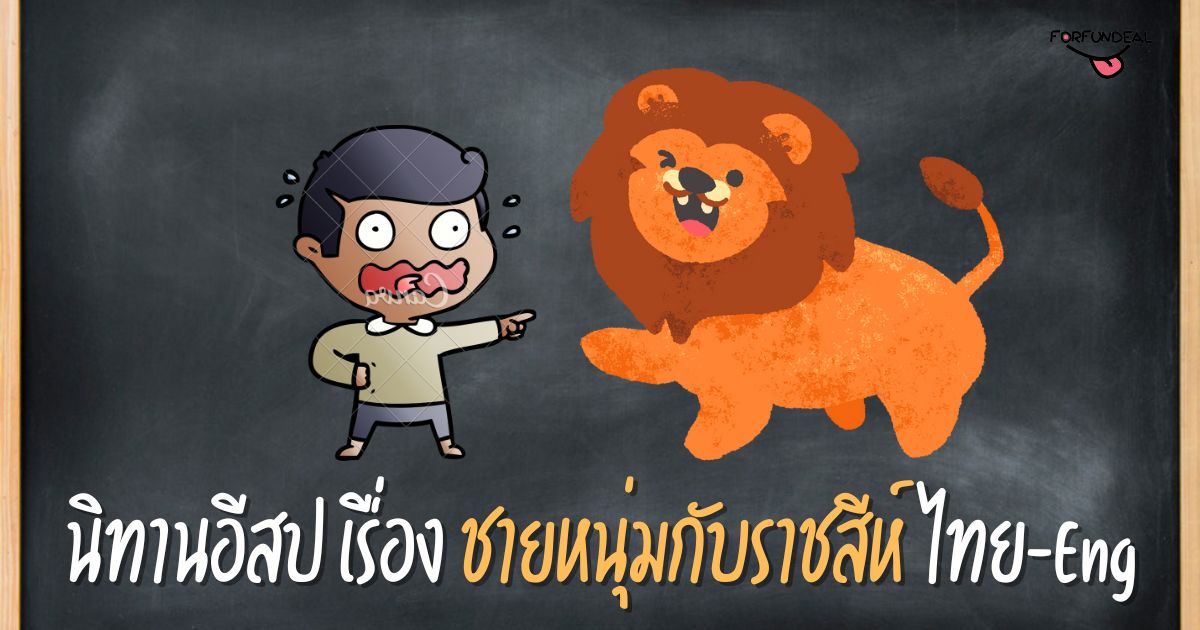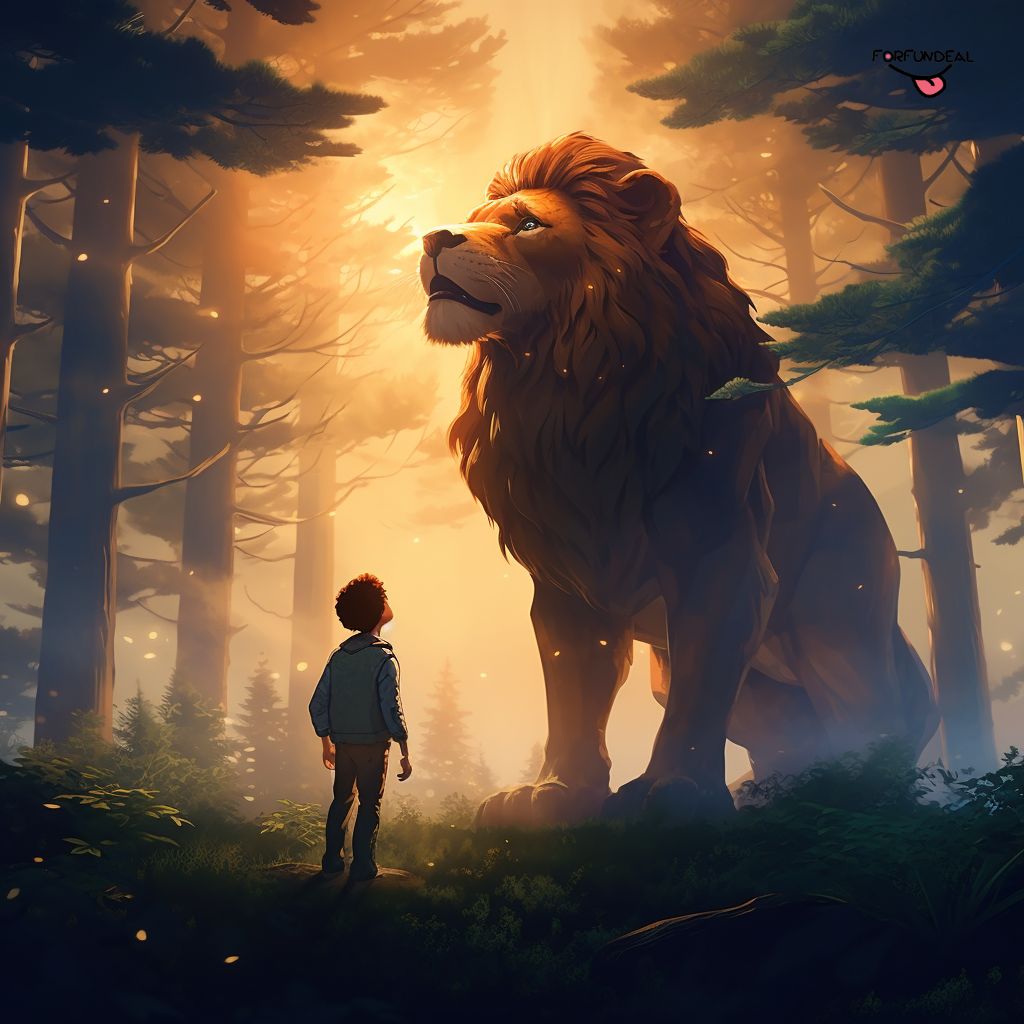“อินทรีกับนกเหยี่ยว” เป็นนิทานอีสปที่สอนเราถึงอันตรายของคำสัญญาที่หลอกลวงในเรื่องความรัก และสอนให้เรารู้ความสำคัญของคำพูดมากกว่ารูปลักษณ์ภายนอก
นิทานอีสปเรื่องอินทรีกับนกเหยี่ยว
กาลครั้งหนึ่งนานมาแล้ว นกอินทรีตัวหนึ่งเกาะอยู่บนกิ่งต้นโอ๊กใหญ่ เธอดูเศร้ามากและหลบตานกอินทรี นกเหยี่ยวเห็นเธอ
Once upon a time, An Eagle sat high in the branches of a great Oak. She seemed very sad and drooping for an Eagle. A Kite saw her.
“ทำไมเจ้าดูโทรมจัง” นกเหยี่ยวถาม
“Why do you look so woebegone?” asked the Kite.
“ข้าต้องการแต่งงาน” นกอินทรีตอบ “และข้าไม่สามารถหาคู่ที่จะเลี้ยงดูข้าได้อย่างที่ข้าต้องการ”
“I want to get married,” replied the Eagle, “and I can’t find a mate who can provide for me as I should like.”
“พาฉันไป” นกเหยี่ยวพูด “ข้าแข็งแกร่งมาก แข็งแกร่งกว่าคุณด้วยซ้ำ!”
“Take me,” said the Kite; “I am very strong, stronger even than you!”
“เจ้าคิดว่าเจ้าจะเลี้ยงข้าได้จริงๆ หรือ?” อินทรีถามอย่างกระตือรือร้น
“Do you really think you can provide for me?” asked the Eagle eagerly.
“ทำไม แน่นอน!” นกเหยี่ยวตอบ “นั่นคงเป็นเรื่องง่ายมาก ข้าแข็งแรงมากขนาดเอานกกระจอกเทศไว้ในกรงเล็บได้ราวกับว่ามันเป็นขนนก!”
“Why, of course,” replied the Kite. “That would be a very simple matter. I am so strong I can carry away an Ostrich in my talons as if it were a feather!”
อินทรีรับนกเหยี่ยวทันที แต่หลังจากงานแต่งงาน เมื่อว่าวบินไปหาอะไรกินให้เจ้าสาวของเขา เมื่อเขากลับมาก็เหลือแต่หนูตัวเล็กๆ
The Eagle accepted the Kite immediately. But after the wedding, when the Kite flew away to find something to eat for his bride, all he had when he returned, was a tiny Mouse.
“นั่นคือนกกระจอกเทศที่เจ้าพูดถึงหรือเปล่า” อินทรีกล่าวด้วยความขยะแขยง
“Is that the Ostrich you talked about?” said the Eagle in disgust.
“เพื่อชนะใจเธอ ข้าจะพูดและสัญญาอะไรก็ได้” นกเหยี่ยวตอบ
“To win you I would have said and promised anything,” replied the Kite.
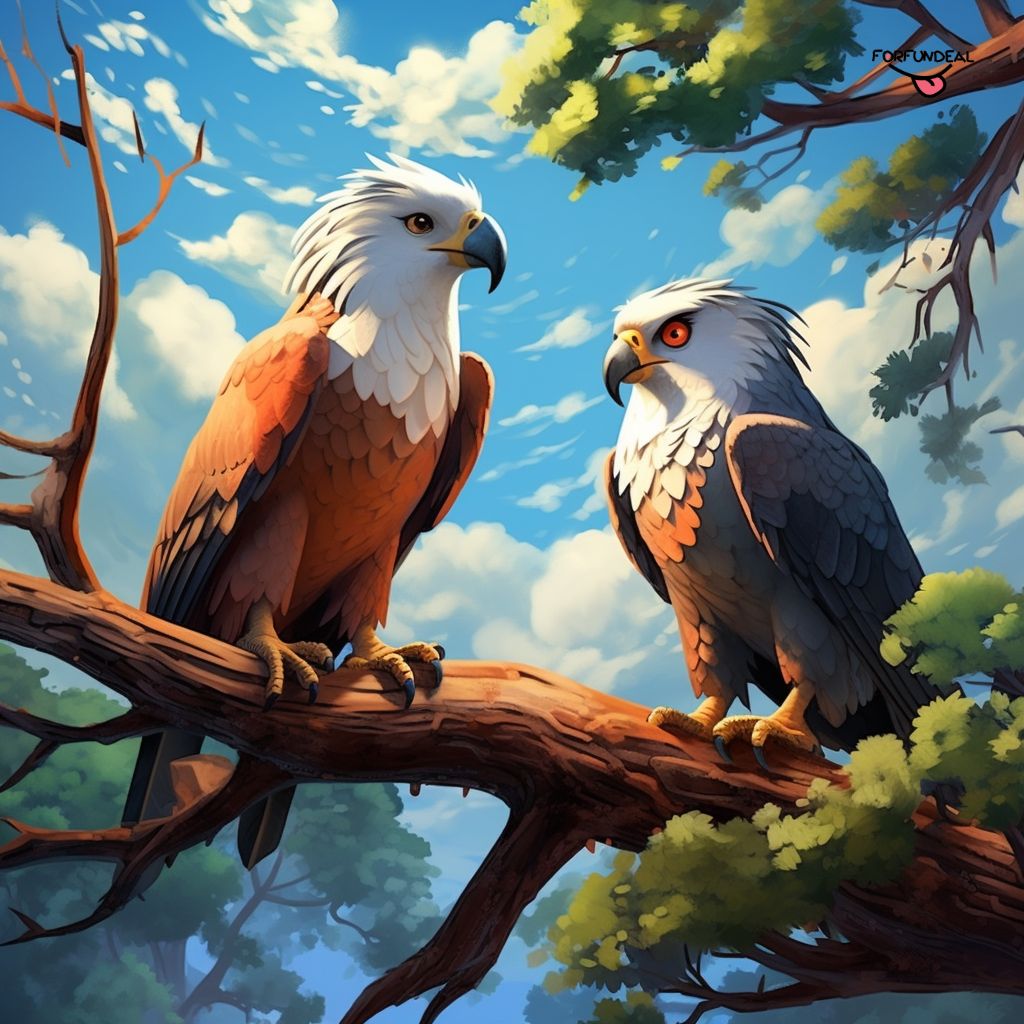
นิทานเรื่องนี้สอนให้รู้ว่า
“คำสัญญาที่ว่างเปล่าและการหลอกลวงสามารถนำไปสู่ความผิดหวังและความหวาดระแวงได้”
- ความโอ้อวดและคำสัญญาที่ว่างเปล่า: คำกล่าวอ้างของนกเหยี่ยวที่ว่าแข็งแกร่งกว่านกอินทรีและสามารถจัดหาให้เธอได้ แม้ในระดับที่จับนกกระจอกเทศได้ ไม่มีอะไรมากไปกว่าการโอ้อวดที่ว่างเปล่า ในความเป็นจริงนกเหยี่ยวไม่สามารถทำตามสัญญาเหล่านั้นได้ สิ่งนี้สอนเราถึงความสำคัญของการพูดและการกระทำด้วยความสัตย์จริงและจริงใจ เนื่องจากการกล่าวอ้างที่ผิดๆ อาจนำไปสู่ความผิดหวังและสูญเสียความไว้วางใจได้
- ความสำคัญของคำพูดมากกว่ารูปลักษณ์ภายนอก: ในตอนแรกอินทรี ถูกดึงดูดให้นกเหยี่ยว เนื่องจากการยืนยันความแข็งแกร่งและความสามารถอย่างมั่นใจ อย่างไรก็ตาม เมื่อนำไปทดสอบ คำกล่าวอ้างของนกเหยี่ยว ก็พิสูจน์แล้วว่ากลวงเปล่า เรื่องราวนี้เตือนใจเราว่าอย่าหลงไปกับรูปลักษณ์ภายนอกหรือการกล่าวอ้างใหญ่โต แต่ให้มองหาแก่นแท้และความซื่อสัตย์ในตัวบุคคลก่อนตัดสินใจเรื่องสำคัญ
- อย่าถูกความรักบังตา: ความกระตือรือร้นของอินทรี ที่จะเชื่อคำสัญญาของนกเหยี่ยว และยอมรับข้อเสนอของเขาโดยไม่ได้รับการพิสูจน์ แสดงให้เห็นถึงอันตรายที่อาจเกิดขึ้นจากการถูกความรักหรืออารมณ์บังตา สิ่งสำคัญคือต้องเข้าหาความสัมพันธ์ด้วยกรอบความคิดที่สมดุลและมีเหตุผลเพื่อให้แน่ใจว่าเข้ากันได้และเชื่อถือได้
- ผลของการหลอกลวง: การหลอกลวงของนกเหยี่ยว ไม่เพียงแต่ทำให้นกอินทรีผิดหวัง แต่ยังทำให้สูญเสียความไว้วางใจและชีวิตสมรสที่แตกร้าว เรื่องราวเน้นให้เห็นถึงผลเสียของความไม่ซื่อสัตย์และความสำคัญของการสร้างความสัมพันธ์บนพื้นฐานของความซื่อสัตย์และความจริงใจ
- การกระทำสะท้อนอุปนิสัย: ความเต็มใจของนกเหยี่ยว ที่จะพูดและสัญญาว่าจะทำทุกอย่างเพื่อให้ได้มาซึ่งความรักของอินทรี เผยให้เห็นว่าเขาขาดความซื่อสัตย์ แสดงให้เห็นว่าลักษณะที่แท้จริงของบุคคลสะท้อนให้เห็นได้จากการกระทำของพวกเขา ไม่ใช่เพียงแค่คำพูดเท่านั้น
- ระวังคนพูดจาลื่นไหล: ความสามารถของนกเหยี่ยว ในการพูดคุยอย่างมั่นใจและมั่นใจอาจทำให้ อินทรีประทับใจในช่วงแรก แต่มันก็เป็นเครื่องเตือนใจด้วยว่าบางคนอาจใช้คำพูดที่ลื่นไหลเพื่อบงการและหลอกลวงผู้อื่น สิ่งสำคัญคือต้องระมัดระวังและรอบคอบเมื่อต้องรับมือกับบุคคลที่โน้มน้าวใจ
“Empty promises and deceit can lead to disappointment and mistrust.”
- Empty boasts and promises: The Kite’s claim of being stronger than the Eagle and being able to provide for her, even to the extent of carrying away an Ostrich, was nothing more than empty boasts. In reality, the Kite was not capable of fulfilling those promises. This teaches us the importance of being truthful and sincere in our words and actions, as false claims can lead to disappointment and broken trust.
- Importance of substance over appearance: The Eagle was initially attracted to the Kite because of his confident assertion of strength and ability. However, when put to the test, the Kite’s claims proved to be hollow. The story reminds us not to be swayed by appearances or grand claims but to look for substance and integrity in individuals before making important decisions.
- Don’t be blinded by love: The Eagle’s eagerness to believe the Kite’s promises and accept his proposal without verification shows the potential danger of being blinded by love or emotions. It is essential to approach relationships with a balanced and rational mindset to ensure compatibility and trustworthiness.
- The consequences of deceit: The Kite’s deception not only disappointed the Eagle but also led to a loss of trust and a broken marriage. The story highlights the negative consequences of dishonesty and the importance of building relationships on a foundation of honesty and sincerity.
- Actions reflect character: The Kite’s willingness to say and promise anything to win the Eagle’s affection reveals his lack of integrity. It shows that a person’s true character is reflected in their actions and not just in their words.
- Be cautious of smooth talkers: The Kite’s ability to talk convincingly and confidently may have initially impressed the Eagle, but it also served as a cautionary reminder that some individuals may use smooth talk to manipulate and deceive others. It’s crucial to be discerning and cautious when dealing with persuasive individuals.
โดยสรุปแล้วนิทานเรื่องนี้ให้บทเรียนอันมีค่าเกี่ยวกับความซื่อสัตย์สุจริต ความซื่อตรง ความเฉลียวฉลาด และความสำคัญของการมองข้ามรูปลักษณ์ภายนอก ส่งเสริมเราให้มีปฏิสัมพันธ์อย่างจริงใจ ประเมินบุคคลตามการกระทำและลักษณะนิสัยของพวกเขา และเข้าหาความสัมพันธ์ด้วยสายตาวิพากษ์ในขณะเดียวกันก็เปิดรับการเชื่อมต่อที่แท้จริงซึ่งสร้างจากความไว้วางใจและความจริงใจ

